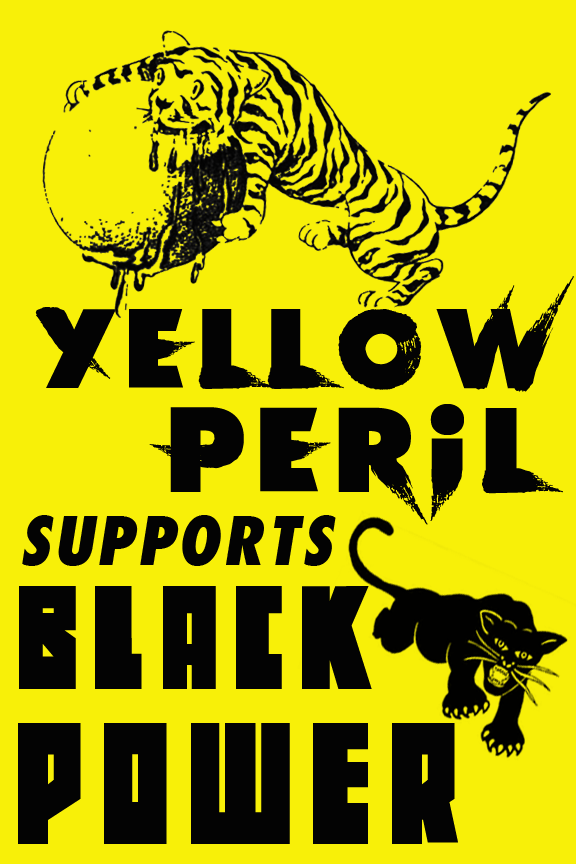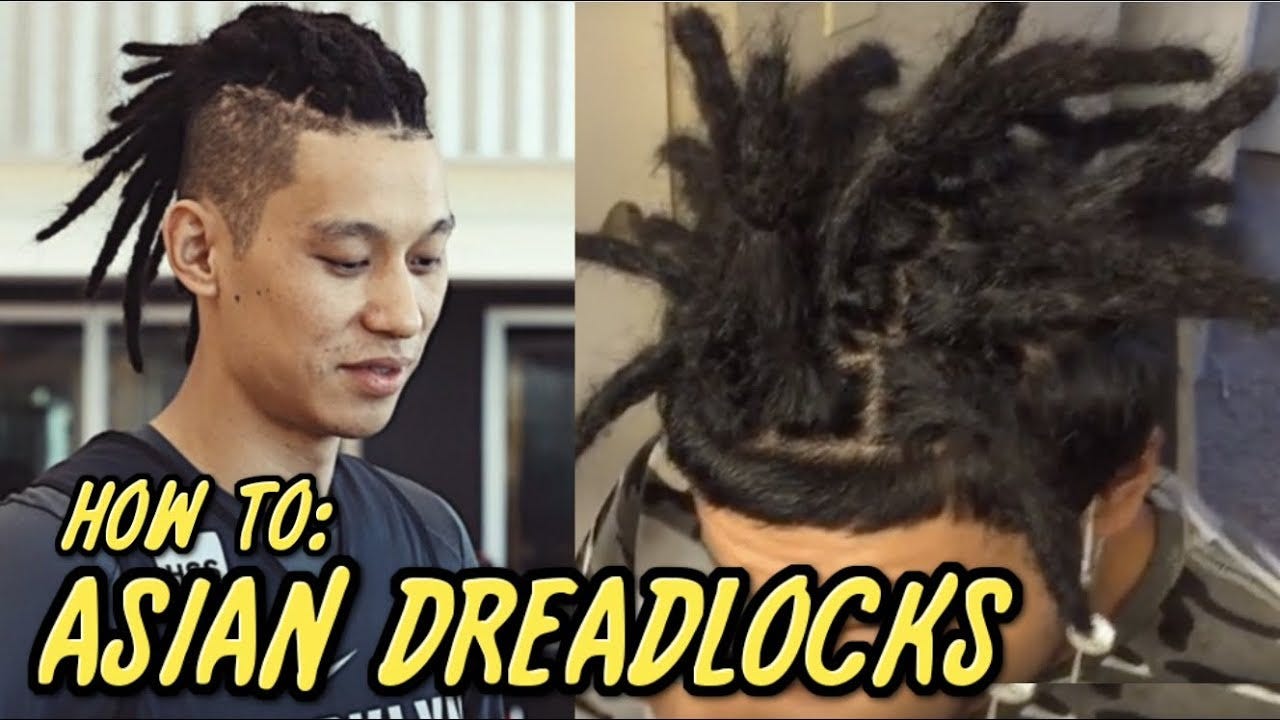
It would be a massive missed opportunity if we fail to make the connection between the stories of Amy Cooper and Tou Thao and our daily behaviors. It’s easy to dismiss these as isolated incidents perpetuated by “racists” — but none of this is just one person’s racism coming to light and none of us is innocent.
We all perpetuate anti-Black racism in our daily lives. We can’t fight anti-Black racism unless we can notice its manifestation in ourselves and others on a daily basis in our workplace, social interactions, and online engagement.
In doing DEI (Diversity, Equity, and Inclusion) work, I’ve found it useful to actually name the detailed and insidious ways we all participate in oppressing each other.
This one is for my people. Reminder: I don’t speak for all Asians.
- Calling the police on Black people — doing this *escalates* everything and is very possibly life threatening for Black folks, yet I see Asians using this tool of oppression too quickly whenever they perceive (a lot of times not even real) threat. I challenge everyone to reflect on the time you’ve called the cops — did they actually help? What did they do that was helpful? We mistake calling the cops with safety — they don’t keep us safe.
- Asian store owners following Black people around, profiling, and over surveilling. Being “afraid” of Black people the moment they are in sight.
- Not believing Black people’s stories and struggles: “are you sure they meant it that way?” “it’s not always about race” aka gaslighting the fuck out of them. This is especially harmful because gaslighting that comes from other marginalized groups is EVEN MORE gaslighty.
- Preferring lighter skin color over dark; using and promoting skin “whitening” products. Colorism has long been a part of Asian cultures globally and the damning effects are seen within and across different Asian communities. While in Asian countries, the preference for lighter skin might come from the disparity in socioeconomic class (e.g., farm workers being darker vs. wealthier or upper caste people being fairer), we must question how this prevalent association (wealthy and educated=lighter skin and poor and uneducated = darker skin) manifests in our behaviors and narratives today.


5. Using AAVE, Blaccent, language/terms created by and for the Black community — I know, this one is sometimes confusing. And I’m still a little mad at Akwafina. Sometimes we also do this via “digital Blackface” — using giphys that use stereotypical images of Black people.
6. Cultural appropriation in the form of art, music, fashion, hair, make-up, etc. Google “Asian Rappers” — I’m screaming. Now I’m getting the wrath of Asian hip hop fans, so I’ll say this to clarify. I don’t mean non-Black people shouldn’t rap or adopt the art ever (although, some people may believe this and I won’t fight you). Rather, there are too many Asian folks taking the music form without paying proper respect to its history and origin. Cultural appropriation happens when we take parts of other communities’ culture and use them for our own enjoyment and benefit, without paying proper respect or also acting in solidarity in our daily lives. If you’re contemplating getting dreadlocks as a non-Black person, consider this response from Michael Harriot: “I’d tell him that it means something. Dreads are a subtle protest and a personal bit of empowerment in a culture that strips away every part of your heritage, down to your hair follicles. I’d tell him that — for some — it is a religious experience. I’d explain that it is the height of privilege and disrespect to appropriate all of that just because he thinks it looks cute.” Also check out this article to learn more about the history of the term — thanks Jenny Kim for sending it to me.


7. Respectability politics based on false narratives and model minority myth: “They bring this upon themselves” “They should not commit crimes” “Asians worked hard to earn our place.”
8. Believing we can fit in if we act more like white people. Don’t be like Andrew Yang. He is wrong.
9. Using and co-opting social justice language created to achieve equity for Black people and other marginalized communities in a way that *only* benefits us. “Affirmative Action is racist against Asians” ← it’s not and we need to call our people in.
10. Forgetting that we benefited from various social justice movements led by and with the Black community.
11. Consciously or subconsciously only referring friends who look like us to job opportunities.
12. Staying silent when Black people experience violence (which is.. everyday) and never posting anything publicly due to fear of being othered — silence = tacit approval, no matter how you want to explain it.
13. Not understanding why some Black people are mad at us. Yes, mistrust, cynicism, and anti-Asian prejudice towards Asians exist in the Black community and they hurt. Heck, sometimes we experience violence, too. Learn about the complex relationship and histories between the Black/Asian communities to understand the anger and frustration, and model allyship to build solidarity. Don’t get defensive. Trust, there are so many Black folks who have had our backs and who continue to fight for us.
14. “I don’t date Black people” ← “but we all have preferences” is just another way of saying you have racist beliefs about Black people.
15. “I only date Black people” ← fetishization of Black people requires deep self-reflection.
16. Saying the N-word. Just don’t. “But I have Black friends.” “My Black friend said I can…” I don’t care. And no one person can speak on behalf of an entire community — that’s tokenizing and we should do better.
17. Dancing to music by Black artists but never engaging in social justice conversations.
18. Avoiding Black neighborhoods and calling the areas “sketchy” “ghetto” “shady.” Looking for “good school districts” and meaning where there are mostly rich White / East Asians who get into elite colleges.
19. Not understanding the systemic reasons why there are so few Black people in leadership positions and using false narratives to justify (“pipeline problem” “we don’t lower the bar” “hire the best”).
20. Not understanding how we use the same tools white supremacy uses to oppress us to oppress Black folks. Being the oppressor’s favorite tool to create a racial divide among people of color.
21. Caring about our families immigrating so we can be together but not giving a shit about mass incarceration of Black people that separate families daily.
22. Not valuing Black customers, clients, users, the same way we salivate over white customers, clients, users, etc.
23. “I don’t see color.” omg can you just stfu. (Read this if you’re still confused why this is harmful.)
24. Valuing the approval of white people more than forming solidarity with Black people. Not calling white people out when they make racist comments or perpetuate microaggressions. Call that shit out whether Black people are in your presence.
25. Not participating in protests and riots when bodies are needed to show solidarity and power.
26. Believing our individual economic and financial success will free us and negating the systemic disparities that continue to plague *our* communities, too.
27. Letting our parents, families, friends get away with anti-Black racist remarks and behaviors. I know it can be challenging to risk your family dynamics, especially if you’re super family oriented like many Asian families. Use this guide by Kim Tran to try.
28. Only reading, learning from, and quoting non-Black scholars, speakers, writers. Only using research from predominantly white institutions.
29. Performing allyship using hashtags #BlackLivesMatter but not actually doing anything different to fuel change.
30. Policing Black people in our daily lives via over scrutinizing (Black people are disproportionately scrutinized in the workplace), over punishing (hello, school-to-prison pipeline), and tone-policing (e.g., “don’t be so aggressive”).
31. Believing in and holding onto the notion of “proper” English while dismissing people who deviate from the white/white-European centered ways of speaking and writing as less educated. You see how that hurts us, too, right?
32. Forgetting Black Asians exist.
30+ Ways Asians Perpetuate Anti-Black Racism Everyday | by Michelle Kim | Awaken Blog | Medium